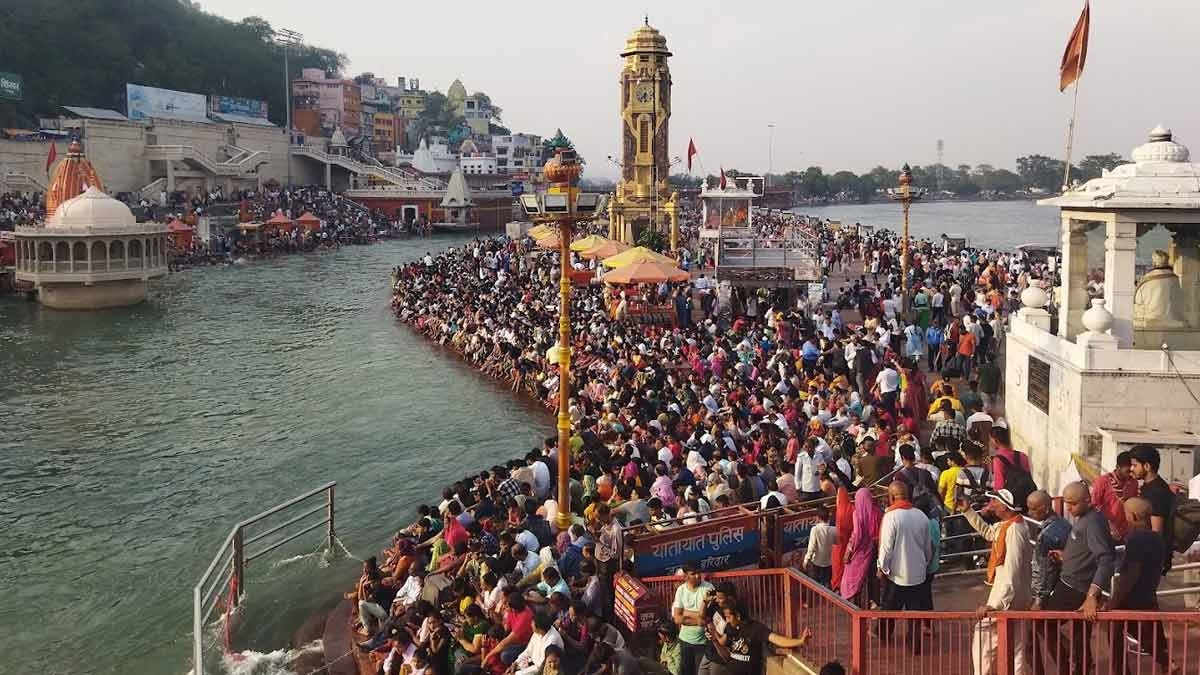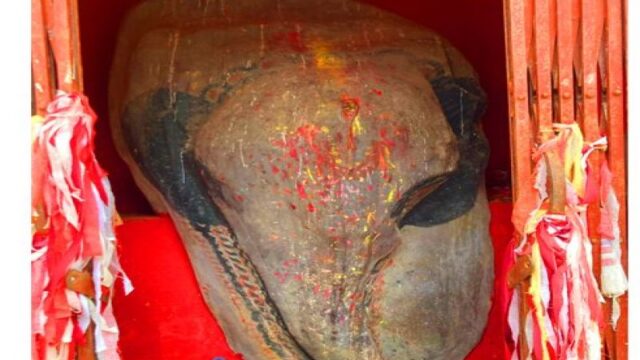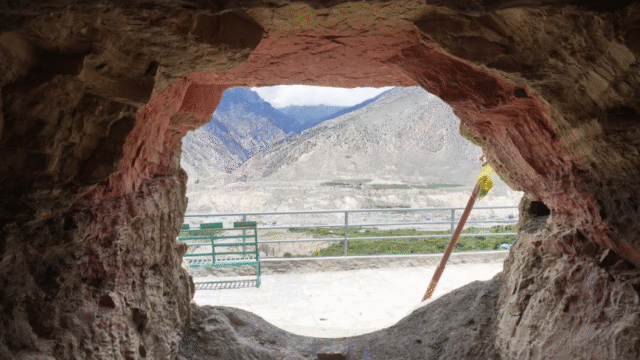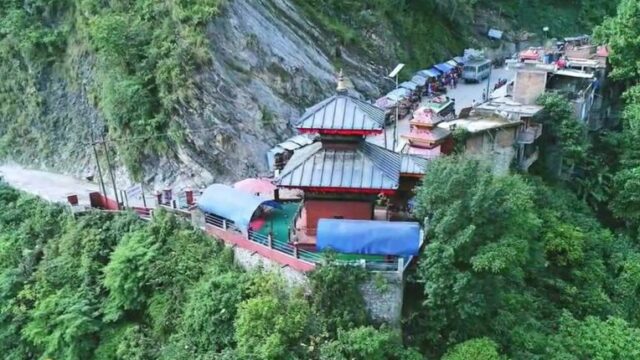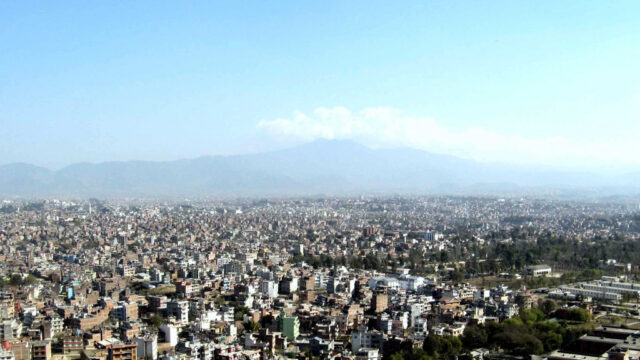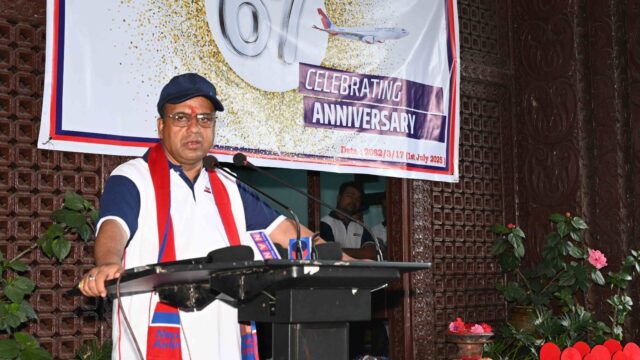Today, followers of Hinduism are observing the festival of Ganga Dussehra with great fervor. According to ancient scriptures, during the Satya Yuga, King Sagar’s sons were liberated by Bhagirath, who brought the Ganges to Earth through his penance. This day, known as Jestha Shukla Dashami, holds a significant place in the traditions of the Mithila region.
Devotees unable to bathe in the Ganges traditionally perform rituals by bathing in nearby rivers and ponds, revering them as manifestations of the Ganges. Before sunrise, they offer prayers and worship, performing ceremonial ablutions of Lord Shiva. Observers believe that fasting and the ten kinds of sins—physical, verbal, and mental—are cleansed through bathing and fasting on this auspicious day.
On Jestha Shukla Dashami, Hindus who bathe in the Ganges observe fasting and give food and donations, believed to absolve great sins, as per the Maithil tradition of Jaleshwar-5, Paitali, where this festival is deeply rooted. Since early morning, crowds have gathered at various rivers and ponds in Mahottari, including Ratu, Maraha, Ankusi, Jangha, and at Laxmi Sagar, Bhargab, Barun, Purandar, and Dhrubakund, reflecting the enthusiasm for ritual bathing.
